There are always more tools to buy, whether we need them or simply want them. Most at-home mechanics have some version of a “man, I wish I had one of those” list, but not all medium- to high-priced tools deserve to remain on the wishlist simply because a cheaper version exists.
Any tool in your shop is an investment, and putting more money into a purchase is sometimes wiser than holding out or scraping by.

We pulled together five of our favourite tools that, in hindsight, we would have invested in sooner.
A nice set of jack stands
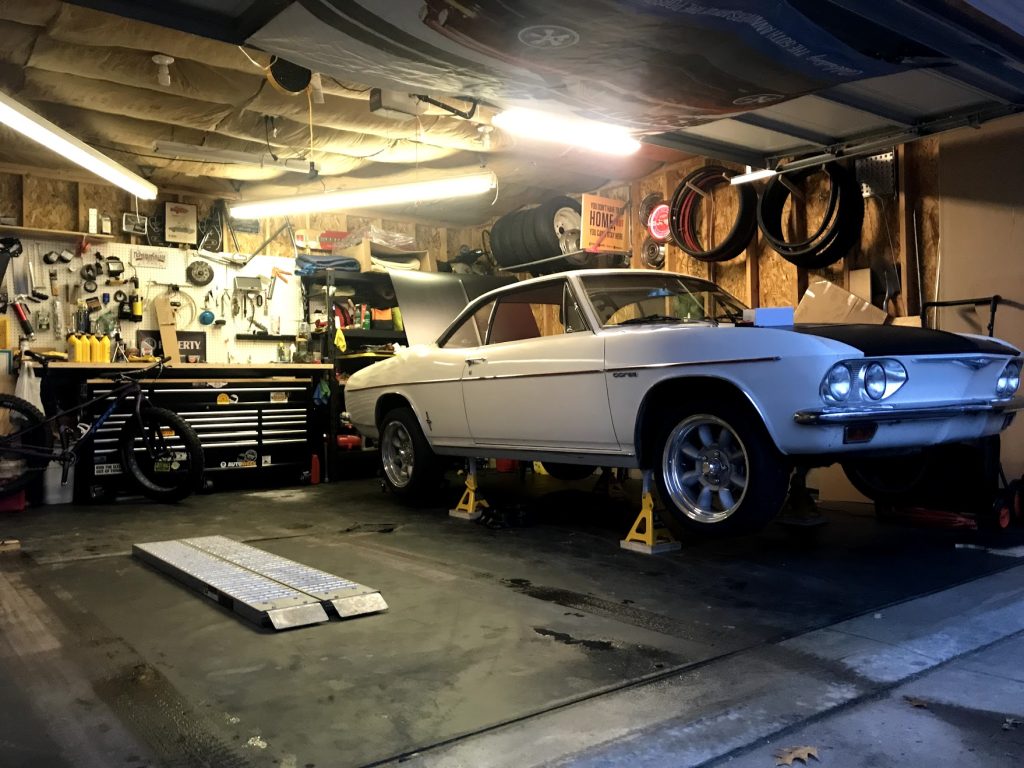
Let’s start off with the basics: Tools that most home mechanics already have but could likely stand to upgrade.
Jack stands are literally the only thing keeping you from becoming an uncooked organic pancake on the garage floor. Not only should you not be cheap here, you should err on the side of spendy. Jack stands can be purchased for for very little money from places that rhyme with hazard-fraught [UK Ed’s note: Don’t worry if that one doesn’t land, let’s just say one of the large US DIY stores had to recall a bunch of stands not so long ago…], but why subject yourself to questioning whether that wiggle was “just normal”?
Buy a set of stands with more metal than the hull of the Titanic and use them religiously. It’s nearly impossible to wear them out – we implore you to try.
Drill press
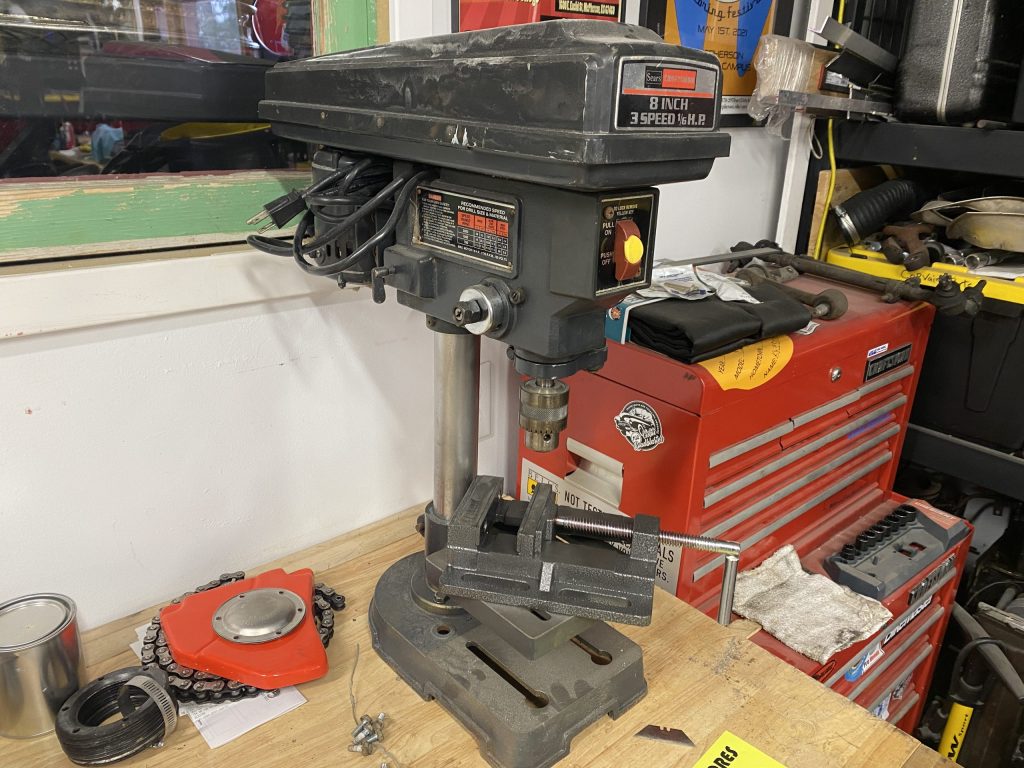
Space is a premium in every home workshop. Dedicating some floor or bench space to a drill press can feel like wasting space, but the ability to accurately put holes in objects is invaluable. You will soon find yourself building jigs and, even if you don’t use it every day of the week, finding it more useful than you ever imagined.
We love using a drill press to start taps at a perfectly perpendicular angle by tightening the tap in the chuck and the workpiece in a vice. Use the quill to apply even and straight pressure while hand-turning the chuck (drill unplugged!) until the tap is started, then pull the workpiece and attach a tap handle to finish the job. Cheap drill presses start at under £200. Used, medium-duty pieces can be under a thousand and last your entire lifetime if well maintained.
Welder
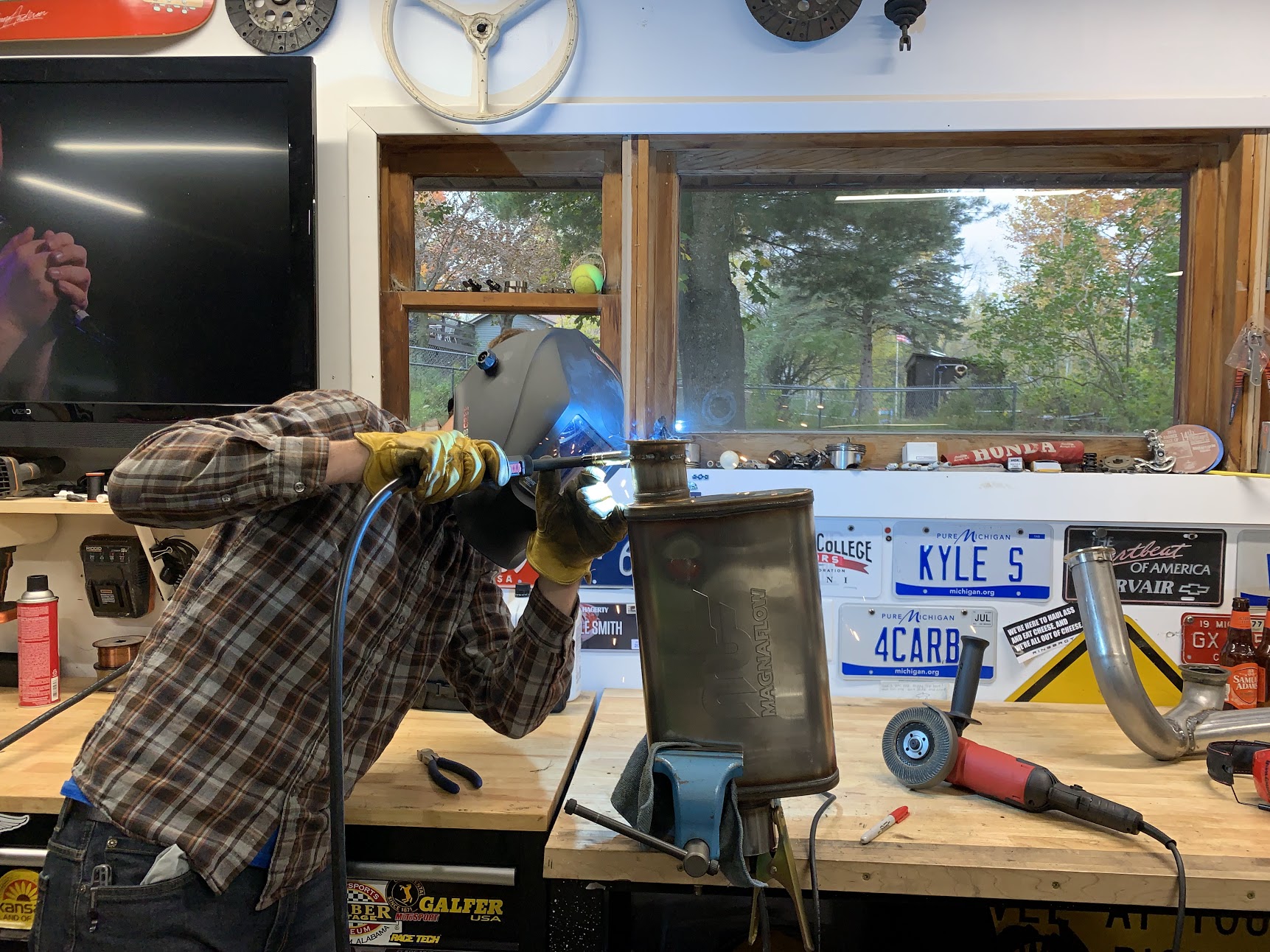
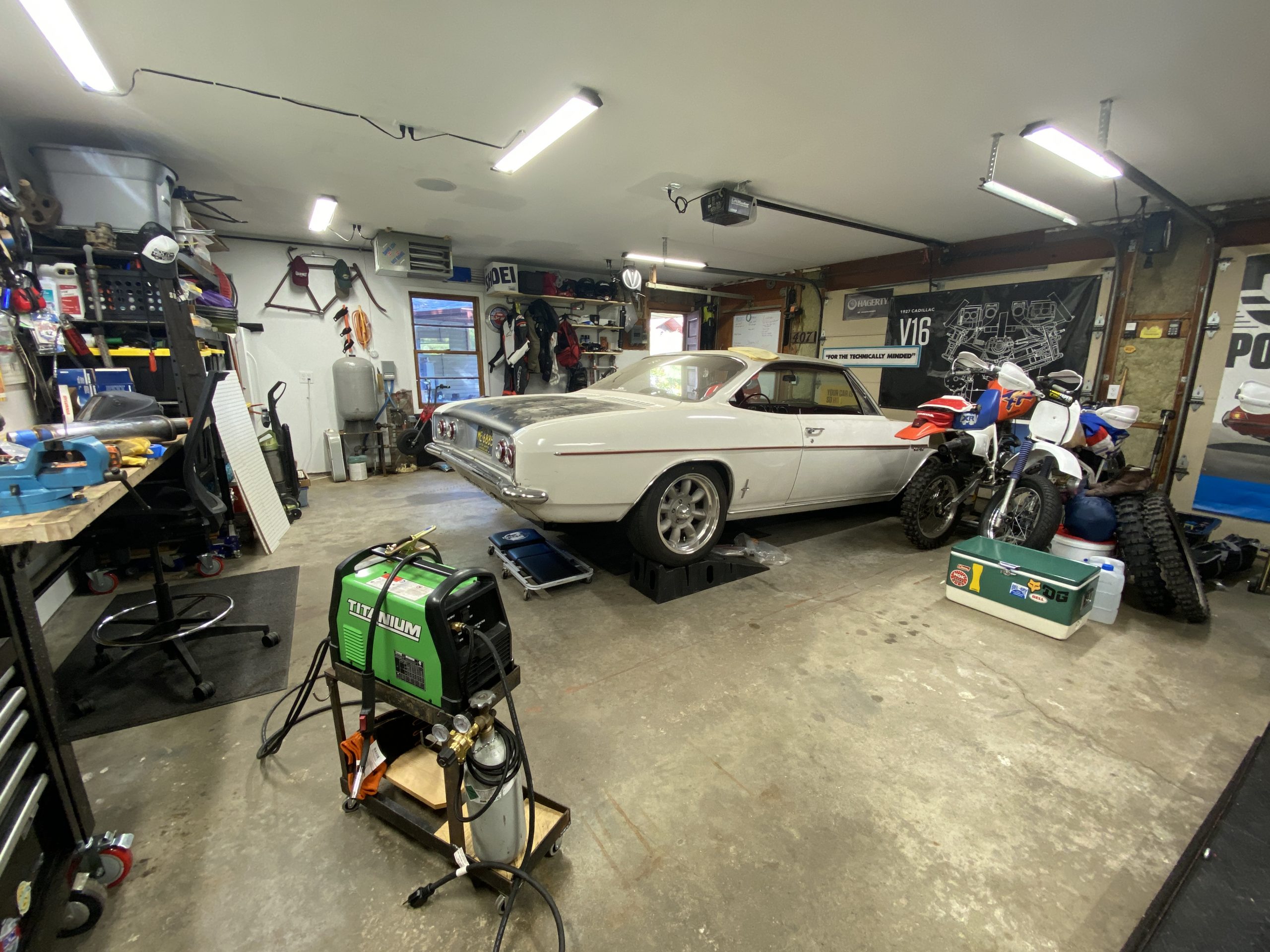
The ability to permanently join metal is a superpower. With few exceptions, you have no reason to deny this to yourself. Inverter welders have smaller footprints and friendlier prices than ever – you will likely spend more for scrap metal to practice on than you will for the welder itself.
Welding can be intimidating, but an evening class at a local college goes a long way to learn proper technique and build relationships that make advice a phone call away. A welder often provides another solution to some common problems when spannering on old cars, like corroded or broken hardware.
As big a bench as you can afford
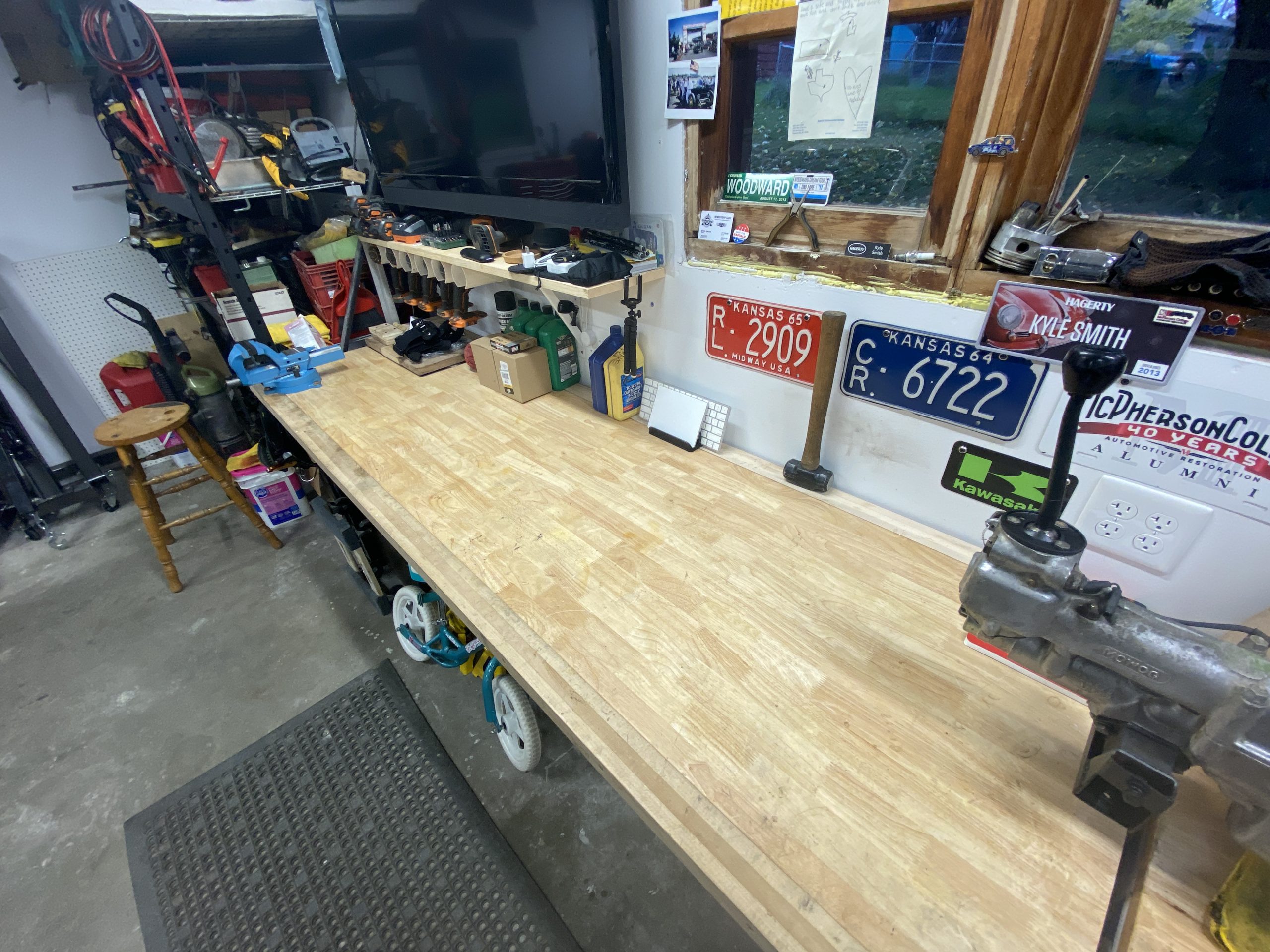
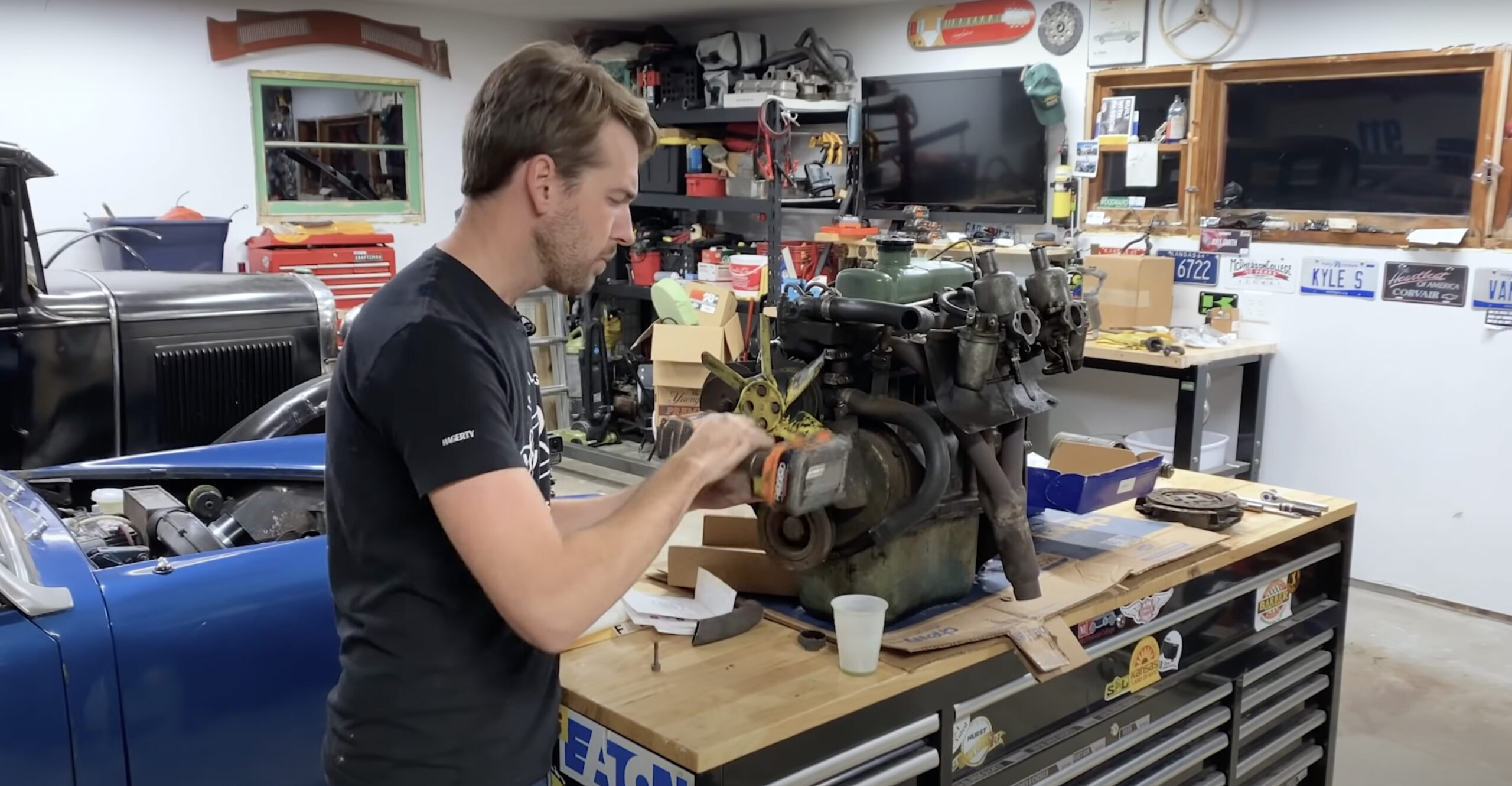
The floor is sometimes the only place to work, but if it becomes your go-to space for disassembly or diagnosis, you will tire of projects quickly. Mount a bench to the wall or put it on wheels to make it mobile, but build it as big as your space allows. (You will still want more space in the future, trust us.)
When you do, look into adding worktops to toolboxes or other horizontal things you already have. Who says you can’t have storage and a workspace?
A quality drill index
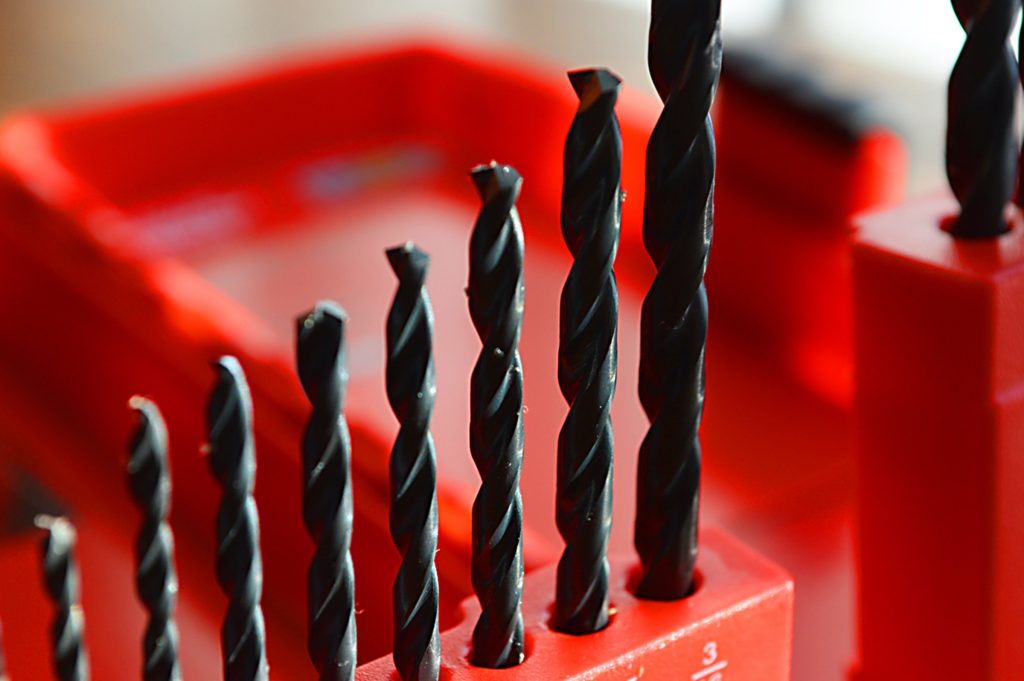
Two ways to go about this one: Buy what you need as you need it, or buy once and be happy you aren’t making trips to the DIY store covered in grease right before closing because you need a specific bit.
A quality drill index feels über expensive when popular sizes come in blister packs for a few quid, but those cheap bits rarely hold up to much use. Also, they often don’t contain the proper wire gauge sizes you will need if you get into any fabrication or thread repair. Sure, you can do conversions to an SAE or metric size and have it be “good enough,” but are you really going to settle? For the money, you shouldn’t.
Have an addition to this list? Leave it in a comment below.
This article was originally published on Hagerty US.
Read more
6 essentials for your travel toolkit
Reviewed & Rated: All you need is gloves
Socket Set: Hammers for (almost) every workshop job









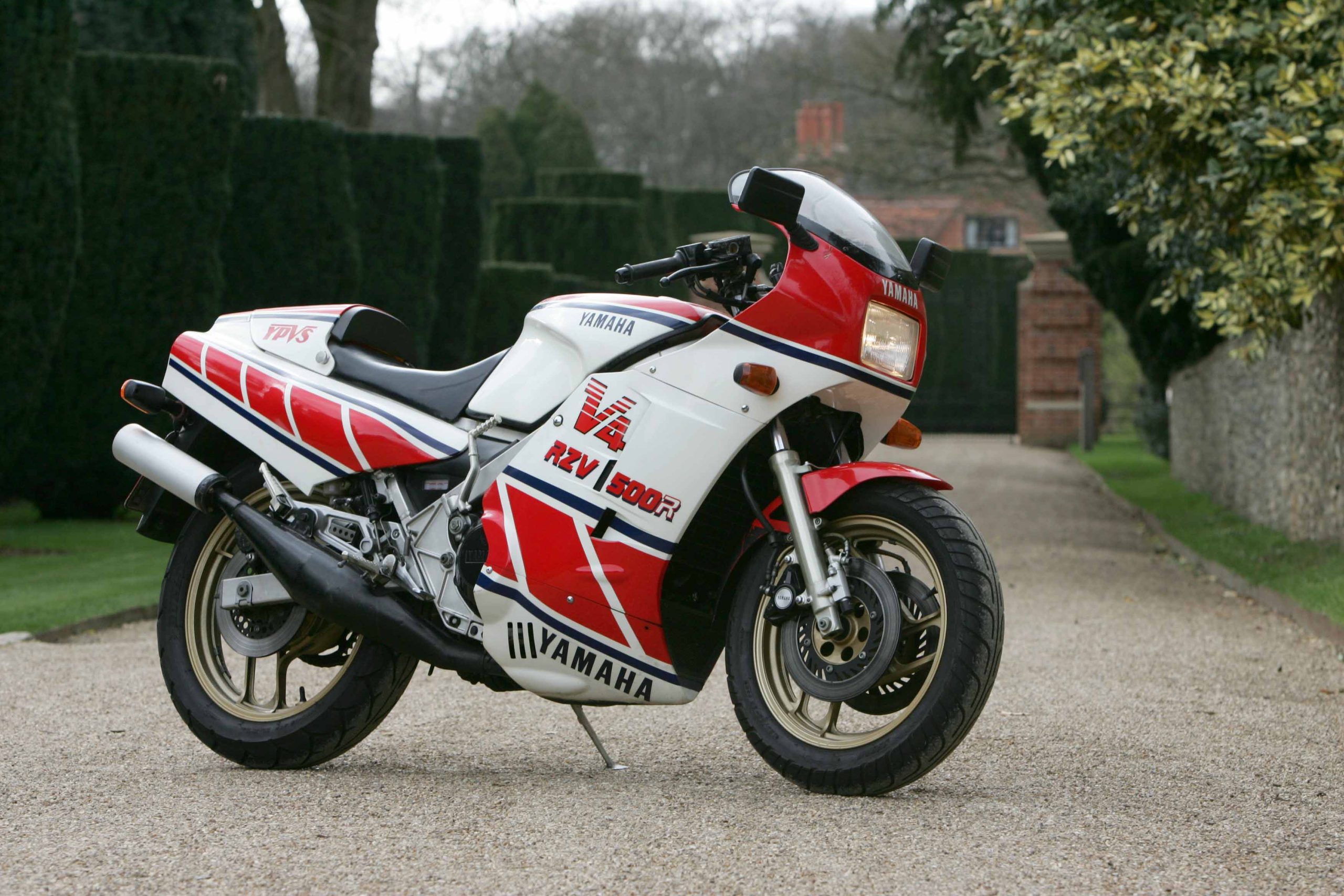
Space and more space. I have a standard one-car garage. I have 2 cars so I rent an 800 sq. unit . this means I have a work area, a tea, coffee with paper section and a space for another car. If only my wife would let me buy another.
My Cars, 1 a 1914 Stanley 606 steam car. 2 a 1929 Lagonda coupe.
Got everything except the electric welder. Still on gas !
A micrometer is essential to accurately know sizes of bolts, set screws, screws, clips etc so that you select correct replacements etc
Although conveniently dark, the picture of the car on jack stands looks as though it has been supported by four of them. Dangerous and definitely not a good idea.
Belt sander a must for all sorts of problems and wish bone lever another excellent tool high lift jack great for working on low ground clearance cars.
Please excuse my correcting your usually immensely enjoyable prose, but nobody in the UK calls Axle Stands ‘Jack Stands’ – I’m assuming that is an American term for them?
Hello Steve, it is indeed – we do go through and Anglicise copy when first published by our American colleagues, as this article was, but in this case that one slipped through the net.
Impact wrench and sockets and an angle grinder purchased recently by me
I would add a good pair of car ramps if you have not got a pit. far safer than jacks if you really want to get right under the car unless of course you want the wheel or wheels off
A good drill press vise and a tap-follower are low-cost and very helpful when drilling and tapping threads.
I know that garage space is at a premium on your side of The Pond, but a few years ago I finally broke down and installed a used twin-post lift. Had I done that twenty years sooner my back would not hurt nearly as much as it does. Now the only really painful procedure is setting the lift under the old MGB and Mini.